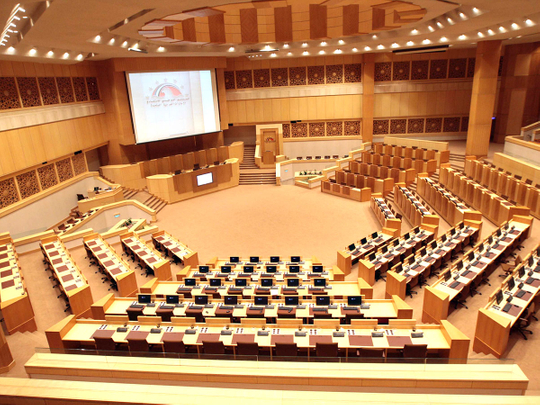
Ever since the United Nations launched the Sustainable Development Goals (SDG) in 2015, which are focused on boosting the role of communities and individuals in achieving them, social science experts have sprung to develop mechanisms and methodologies that would influence positive change in individual behaviour. The kind of behaviour that is dotted with specific qualities to embrace participatory development, take ownership of government’s nation-building goals, and fuel a nation’s race towards achieving the UN SDGs.
All this stems from the individual’s capacity to change.
To achieve positive change, however, focusing on individuals alone is not enough. We need to actively involve public entities and businesses regardless of their size or nature of operations to contribute to this process because each one exercises a unique influence and impact on society. It is imperative for these entities to wear the ‘role model’ hat to inspire positive change in individuals.
Shifting balance of power
A positive government communication experience in the region, especially the UAE, is seen in the shifting balance of power. Government bodies that have innovatively shaped communication strategies, riding the wave of 21st century technology disruptions to prompt stronger engagement with politicians and the public alike, have successfully built trust and a closer connection, which has in turn assisted them to realise their policy delivery goals successfully.

Governments need to measure the public impact of their messaging, spend on research and data collection, and use their findings to adopt mechanisms that will enable them to strike a perfect balance between their messages and action.
Worldwide, we have seen private and public sector organisations champion causes – economic, social or political – by communicating the underlining messages effectively to their citizenry. They have undergone a major attitudinal shift reflected in changing communication methodology from ‘broadcast to engagement’. This shift has increased public engagement because public campaigns are increasingly seeking a connection with the audience’s emotions and intellect, to build credibility before the public eye. Government communication is that powerful medium that empowers both the government and the public, brings them closer on community matters.
Similarly, discrepancies between governments’ manifesto and their actions have consequences – the most severe perhaps losing credibility and trust. Needless to add, building lost trust in the public is the steepest uphill climb. There are plenty real-life experiences to substantiate how promises made and unfulfilled or an inconsistency in the messaging of a campaign and public delivery have led to irreparable damage to an organisation’s public image.
The ubiquitousness of information and the fact that it is accessible on the fingertips makes the adage ‘practice what you preach’ an imperative. Governments need to measure the public impact of their messaging, spend on research and data collection, and use their findings to adopt mechanisms that will enable them to strike a perfect balance between their messages and action. This is quite normal in the business community where entities tap market research and analysis companies to assess the reach of its messaging and its potency and refine it accordingly.
That way, government communication ensures the balance of power doesn’t tip over on either side. Successful government communication is a result of impactful messaging and is based on collective human values and followed up with perfectly aligned action.
Shaikh Sultan Bin Ahmad Al Qasimi is the Chairman of Sharjah Media Council










